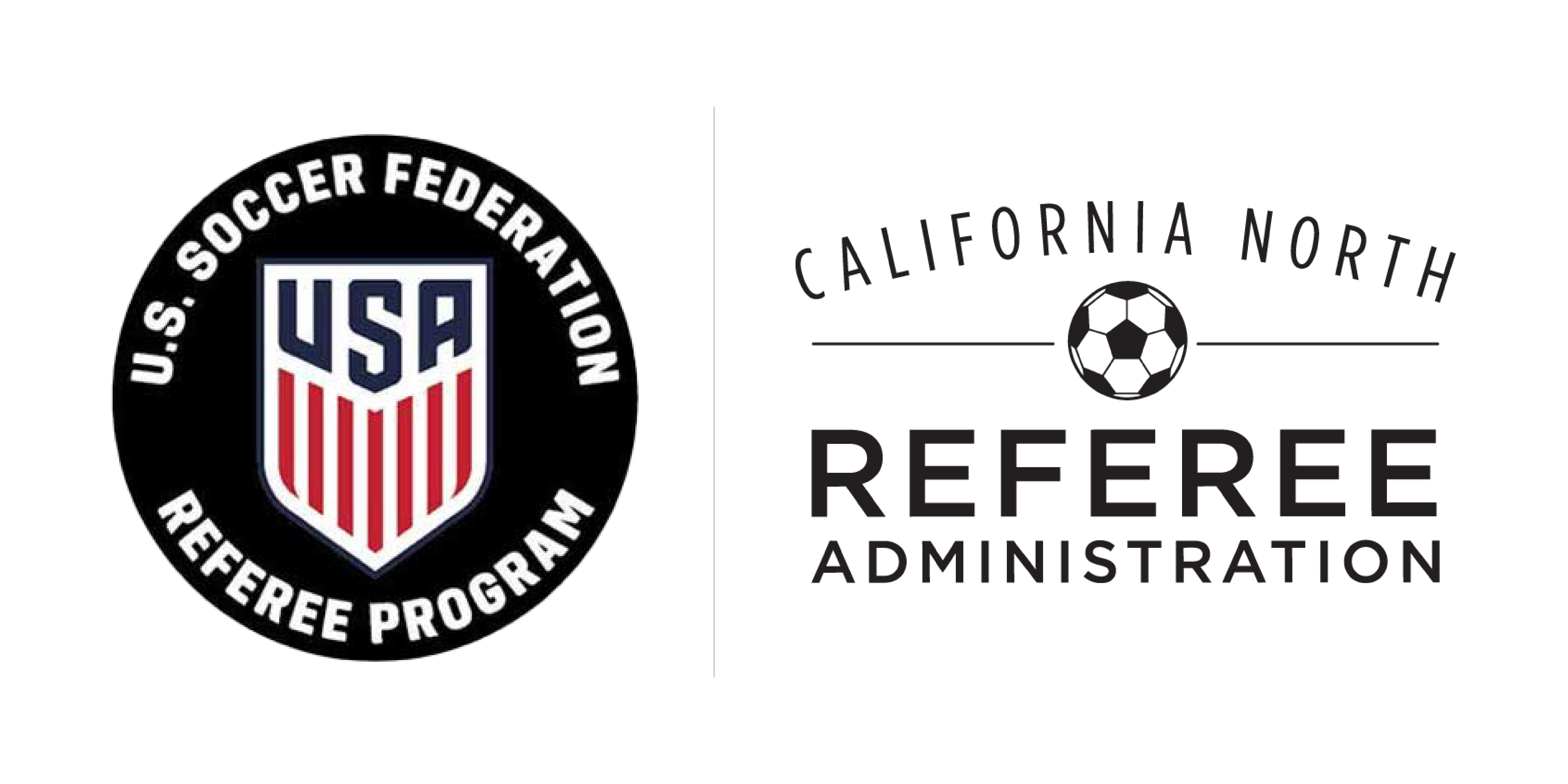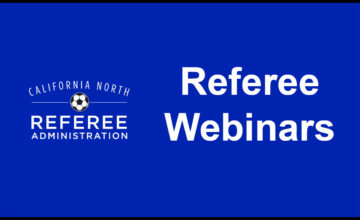This scenario was discussed at the Tier I Referee Academy in August 2016:
You are the center referee in a competitive U-15 Boys match. It is the second half and there is no score. The red team has just signaled for a substitution at a stoppage in play. Your assistant referee on the same side of the red team is signaling for you to come over.
The AR tells you: “the head coach for the red team just told his substitute if they can ‘take out’ blue #17, it would open the whole right wing for us and we can win.”
The substitute awaits entry to the pitch.
We collected comments for over a week and have the following answer to post, courtesy of Deleana Quan (FIFA Assistant Referee) and Joe Dickerson (National Referee):
First, ask yourself:
- Does that sort of behavior belong in the game? Is it responsible?
- Does it bring the game into disrepute if you let the coach stay?
- If you show this is acceptable, encouraging the coach to do it again, what message does it send to everyone by endangering the safety of the players?
- Are you promoting irresponsible behavior?
Upon any of those answers, that will lead you to telling the coach: “That is unacceptable behavior.”
This is an opportunity to stop a tackle before it happens. That is super rare to get that type of chance with the Laws of the Game.
Dismissing the coach and making it public with body language (pointing them away from the field) is a clear message that irresponsible behavior is not to be tolerated. Be sure in your reports to quote exactly what was said and who heard what.
Note that with the new IFAB Laws of the Game Q&A for Law 5, it refers to the spirit of the game:
“Referees should apply the Laws of the Game correctly but with sensitivity and common sense to create a positive atmosphere on the field of play. It is very important that referees officiate in a way which benefits the game and is in ‘sympathy’ with the emotions and requirements of each match, no matter what the level. At the lowest levels of football, the referees must use ‘common sense’ when deciding if a match goes ahead if there is a (minor) problem with the field of play or the equipment. The IFAB believes that the referee should try to play a match unless there is a risk or danger to the participants.”
You have a duty to eliminate behavior that endangers the safety of any player and does not belong in the game at all.





9 Comments